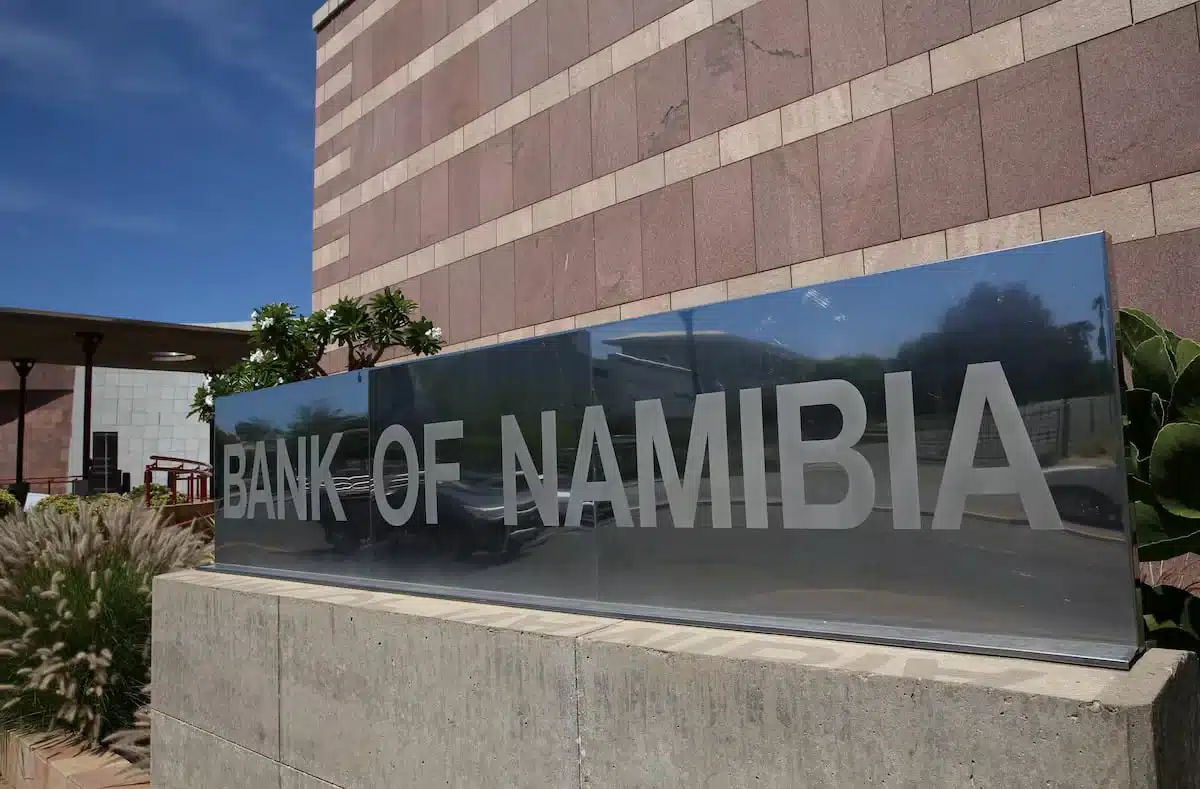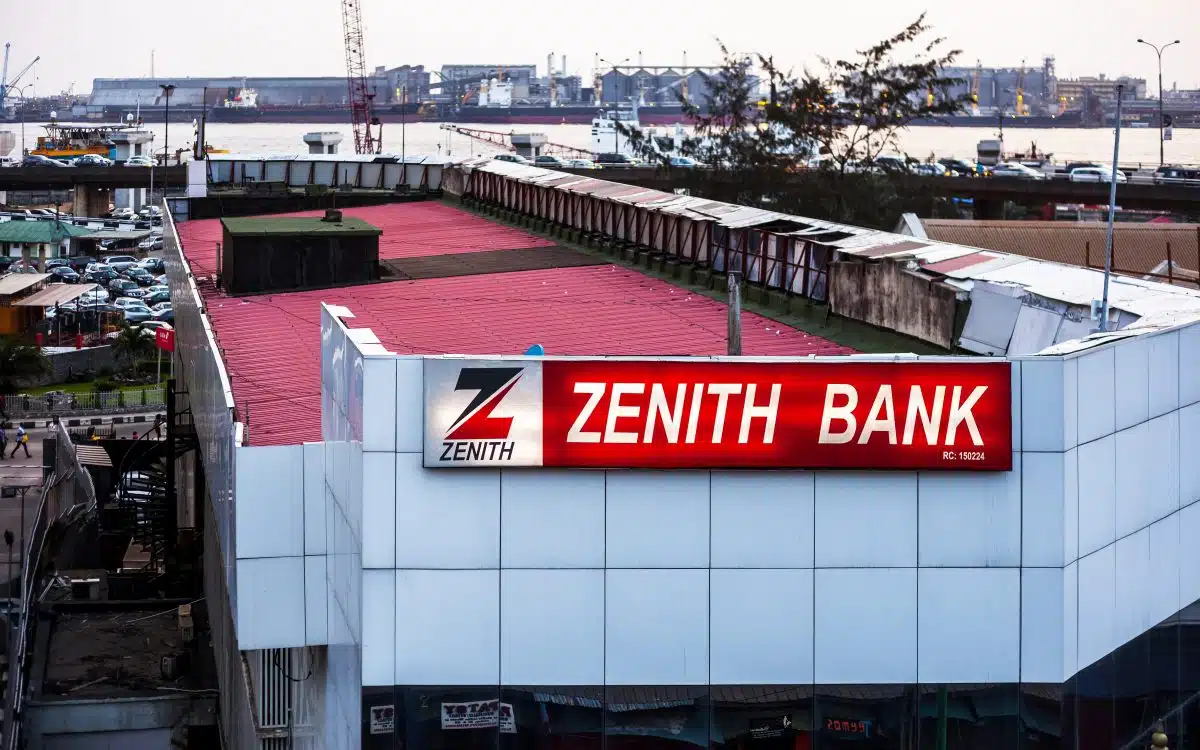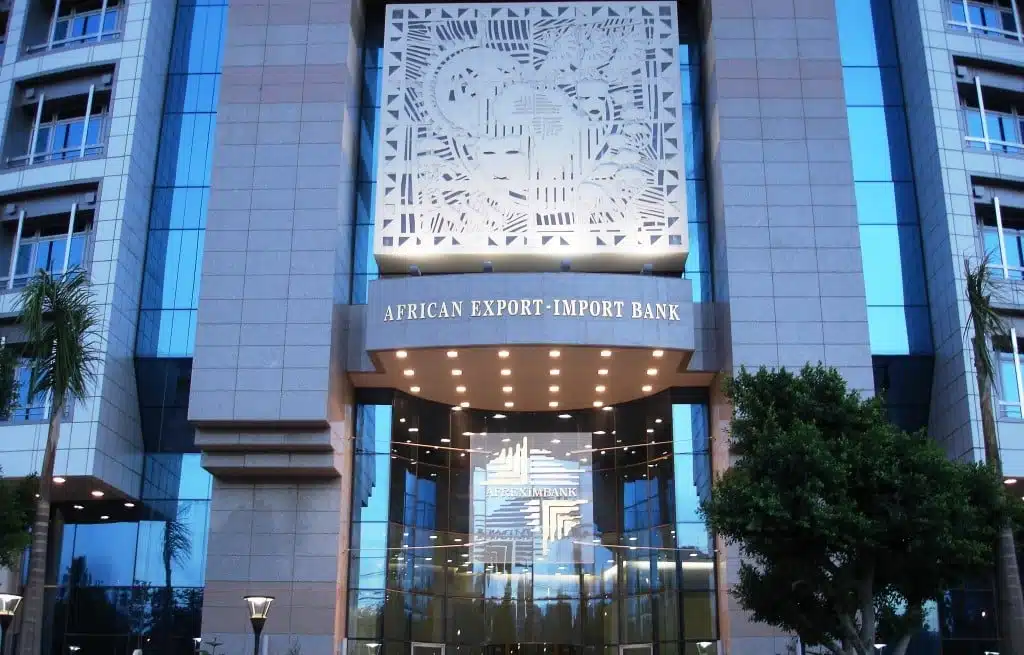The Federal Inland Revenue Service (FIRS) has been commended for exceeding its 2024 revenue target of ₦19.4 trillion by collecting ₦21.6 trillion.
Encouraged by this success, the National Assembly Joint Committee on Finance has set a new target of ₦25 trillion for 2025. Hon. Saidu Musa Abdullahi, Deputy Chairman of the House Committee on Finance, suggested Nigeria could learn from South Africa’s tax system, which performs far better despite a much smaller population.
South Africa, with just 45–54 million people, generates more tax revenue per capita than Nigeria’s population of over 200 million.
According to the global economic data, South Africa’s tax-to-GDP ratio was reported at 21.6%, which is in contrast to Nigeria’s tax-to-GDP ratio, which is around 10%, one of the lowest globally.
South Africa achieves this through strong policies, effective enforcement, and widespread taxpayer education.
It also achieves this through advanced technology like eFiling platforms, real-time reporting, and automated VAT processing, which are either not fully implemented or less developed in Nigeria. While the Federal Inland Revenue Service (FIRS) introduced the TaxPro-Max system in 2021 for e-filing and payments, it is still evolving and does not yet match the advanced features of South Africa’s SARS.
Nigeria could replicate this success but would need major reforms. First, South Africa effectively includes its informal sector in tax collection through simple tax systems and incentives like the turnover tax (TOI) and the employment tax incentive (EOI).
A report by PWC has shown that the informal sector accounts for over 50% of the economy, and although the sector is being taxed, it isn’t effectively accounted for by the government.
South Africa also excels in using technology for tax administration. The South African Revenue Service (SARS) uses digital tools like the SARS Online Query System (SOQS) for communication, and Data Analytics Tools to track transactions and enforce compliance.
Although the FIRS has made progress in digitalisation by adopting the Merchant Buyer Solution (eInvoice) for electronic invoices, which is also still evolving, this isn’t enough. Adopting advanced systems like real-time monitoring and artificial intelligence could improve efficiency.
Enforcement is another area where South Africa leads. Non-compliance is met with strict penalties, such as fines of R250 to R16,000 per month for failing to file returns, recurring for up to 35 months. SARS also imposes penalties of up to 200% of unpaid taxes for income underreporting.
Most importantly, these rules are backed up with a strong and reliable judiciary. The World Justice Project’s Rule of Law Index 2022 ranked Nigeria 120th out of 142 countries, highlighting concerns about judicial accountability. In contrast, South Africa was ranked 54th.
South Africa’s model shows what is possible with the right systems. With a larger population, Nigeria has the potential to generate even greater tax revenue by adopting similar reforms and tailoring them to local challenges.






